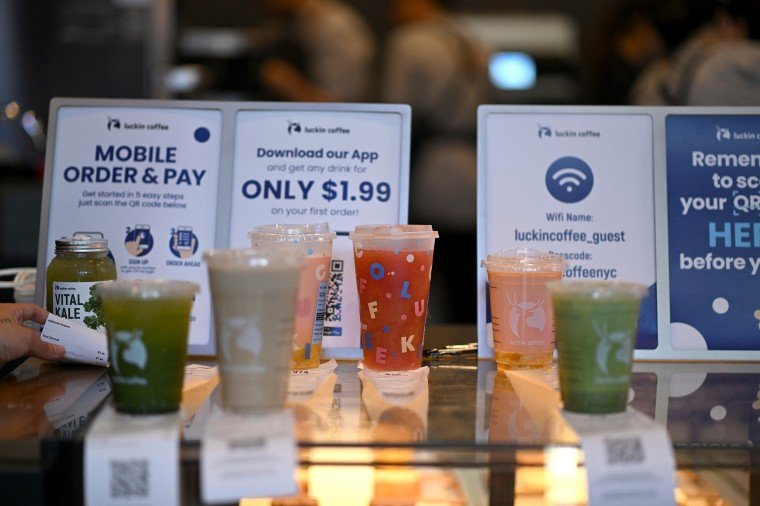Chinese AI models are closing the gap with Western models, with a growing number of companies and organizations now integrating them into their operations. This poses not only a competitive threat to American and other Western firms, but also a geopolitical risk: if this trend gains global traction, it could give the Chinese Communist Party a conduit for spreading propaganda, disseminating fake news, and siphoning sensitive information worldwide.
China has already proven it can compete with the United States in AI, despite operating under restrictions imposed by the U.S. government’s semiconductor export controls. In January, DeepSeek unveiled its R1 model, which delivered performance comparable to models from OpenAI or Google but, according to the company, was trained at a fraction of the cost and computing power, and requires much less computing power to run. Since then, other Chinese AI companies, including Alibaba, Huawei, and Baidu, have launched models with similar characteristics.
These models are now gaining traction in a field that, until recently, was dominated almost exclusively by Western, particularly American, companies. According to the Wall Street Journal, international banks, public universities, energy companies, and other businesses, mainly in Europe, the Middle East, Africa, and Asia, are adopting models from DeepSeek or Alibaba as alternatives to American ones. This is partly due to lower operating costs, which offset the modest gap in capabilities. HSBC, the world’s fourth-largest bank, has begun internal tests of DeepSeek’s models, as has Britain’s Standard Chartered. Saudi Aramco, the world’s largest oil company, recently installed DeepSeek in its main data center. In Japan, AI startup Abeja chose to develop custom models for the Ministry of Economy, Trade and Industry using China’s Qwen models instead of those from Meta or Google.
OpenAI remains the dominant player in the field, with ChatGPT’s app reaching 910 million downloads, according to Sensor Tower. But DeepSeek is emerging as a serious rival, with its app already boasting 125 million downloads. On Latenode, a platform that helps organizations build custom AI tools, at least 20% of users now choose DeepSeek models.
One key reason for the success of Chinese models lies in their strategic priorities. American AI companies invest heavily in breakthroughs and the pursuit of artificial general intelligence. Chinese companies, by contrast, focus on developing practical, immediately useful applications designed to attract new users. This may be less ambitious than building superintelligence, but it is more relevant for businesses today. Chinese firms also benefit from releasing many models as open source, giving users greater control over implementation and customization.
The immediate casualties of this trend are American AI companies, which spend vast sums developing advanced models and rely on large business contracts to generate essential revenue. OpenAI, for example, has been expanding its operations abroad, opening offices in Europe and Asia this year. Unsurprisingly, American executives are among the first to raise alarms about the global spread of Chinese models. ““The No. 1 factor that will define whether the U.S. or China wins this race is whose technology is most broadly adopted in the rest of the world,” Microsoft President Brad Smith told the U.S. Senate recently. “Whoever gets there first will be difficult to supplant.”
Chinese dominance in AI could have far-reaching consequences. DeepSeek’s R1 model, for instance, censors content inconvenient to the Communist Party, refusing to answer questions about events such as the Tiananmen Square massacre and asserting that Taiwan is part of China. Modern AI chatbots are already emerging as replacements for traditional search engines like Google. When such bots are tightly regulated by Beijing, they can easily become channels for spreading propaganda and misinformation in the confident, authoritative tone typical of generative AI.
At the same time, these models can serve as powerful surveillance tools. Chatbots can build detailed personal profiles of users. If Chinese companies grant government access to this data, Beijing could conduct sweeping surveillance of individuals worldwide, including those in sensitive positions, mapping their identities, roles, and potential vulnerabilities, and helping to identify people who might be susceptible to pressure or blackmail.
On a geopolitical level, much of America’s global power today rests on the fact that the technological products and services the world uses are largely developed, manufactured, and operated by U.S. firms. If China wins the current AI race, the United States could lose a significant share of that leverage, while Beijing gains it.








